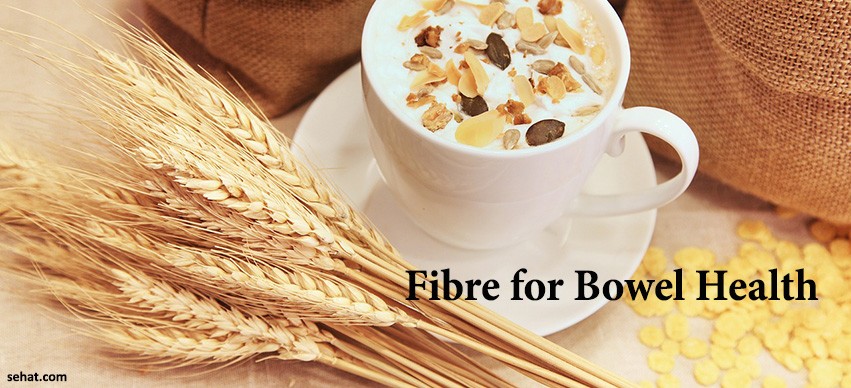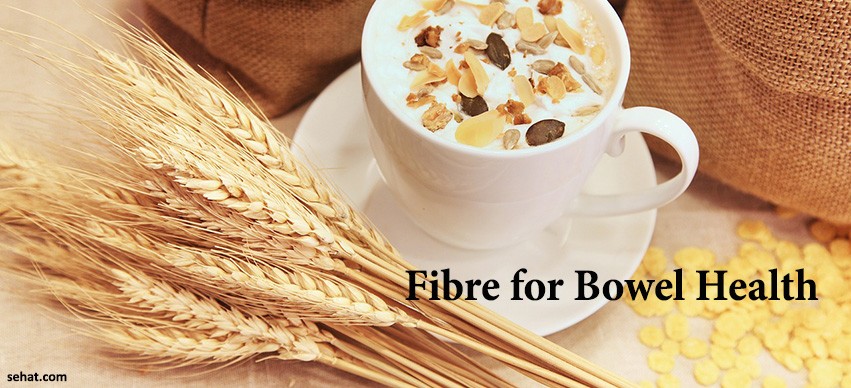How Communities Are Changing the Way We Think About Aging in..
8 Min Read


To be able to enjoy good health well into old age is something that many people aspire but only a few are successful in attaining. This is because good health and well being are outcomes of a conscious and concerted effort over many years and has many facets to it, an important one being bowel health in terms of movement.
Given the fact that all human beings are created different by God Almighty, every individual has to contend with his own physiology and realize what works best for him. Good bowel health stems from consistent movement without any fluctuations occurring after certain duration. So whether you experience movement multiple times during the day or once in three days, your bowel health is fine as long as this pattern is maintained throughout without any changes.
At times the pattern might alter due to a change in routine, illness and other factors but as long as it is restored to normalcy there is nothing to worry about. However, if you observe frequent changes over a prolonged duration then it is time to consult a specialist.
A high-fiber diet is one of the most important requisites of a healthy bowel as is consumption of regular meals, especially breakfast. Making it a point to remain well hydrated throughout the day ensures flushing out of toxins from the bowel so that it is revitalized and hence healthy.
Drinking approximately six to eight glasses of water during the day in conjunction with consuming at least 25-30 grams of fiber is an effective formula for maintaining good bowel health. Throw in a little bit of daily exercise and you can count yourself amongst those fortunate individuals who have never had to depend on laxatives to stimulate bowel movement.
Fiber, or roughage, is the vegetative part of our diet which we receive from fruits, vegetables, whole grains and pulses and it is unique in the sense that unlike other nutrients it cannot be digested. Classified as soluble or insoluble, it impacts bowel health by facilitating movement and evacuation of wastage which otherwise would have accumulated and released toxins within the body. Lack of fiber in the diet can lead to constipation and irregularity in bowel movement in the short term while continued ignorance could even lead to cancer.
Amount of fiber in the diet can be increased only when an individual is cognizant of the sources of fiber and some of the common sources are green vegetables, fruits and whole grains. Under the first category, emphasis should be on beans, peas, legumes, broccoli, leafy vegetables and carrots. Likewise, fruits that can add to the fiber content are nuts and dry fruits, members of the berry family, banana and coconut. Inclusion of bran and whole wheat also augments fiber content within the body thus catalyzing bowel movement.
Research has proved that individuals who are particular about a high-fiber diet and follow a regular pattern of bowel movement are less likely to fall victim to health issues, especially colon cancer. Adequate fiber and natural bowel movement causes frequent emptying of colon thus implying that while the former functions like a broom the latter is like the suction of the vacuum cleaner that pushes out all the unwanted poisons from the body.